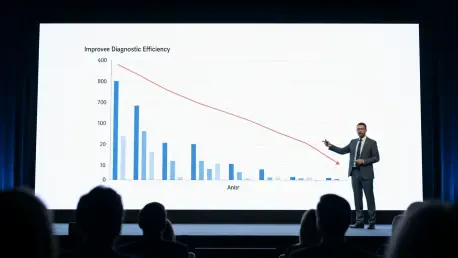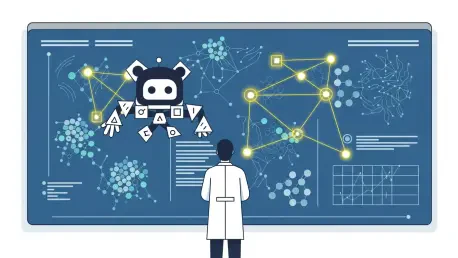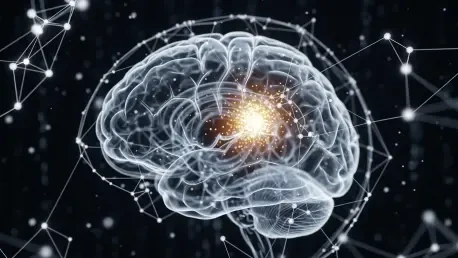
In an era where the demand for medical imaging continues to surge against a backdrop of limited specialist availability, the field of radiology faces unprecedented pressure to deliver timely and accurate diagnoses. Boston-based startup a2z Radiology AI has emerged as a significant new player

As the initial wave of wonder surrounding generative AI begins to recede, a more profound and consequential transformation is quietly gathering momentum, poised to crest in 2026. The conversation among industry leaders, technologists, and strategists is shifting from the novelty of AI-powered

While the public imagination has been captivated by the promise of artificial intelligence simplifying our daily chores and managing our calendars, a more profound and strategically significant transformation has been quietly unfolding within the enterprise. A landmark field study analyzing

Healthcare is standing at the precipice of a profound transformation, poised to pivot from a long-standing reactive model that addresses illness only after symptoms arise toward a proactive framework centered on prevention. This visionary shift aims to redefine medical care as the active

A comprehensive new analysis of the global Artificial Intelligence in Medical Imaging market has detailed a period of profound transformation and explosive growth that is fundamentally reshaping the healthcare diagnostics sector. The core finding projects an unprecedented expansion, with the market

The rapid and escalating integration of advanced artificial intelligence, particularly hyper-realistic image generators, into our creative lives presents a complex challenge that extends far beyond a simple debate over tools versus threats. While these technologies are often presented as